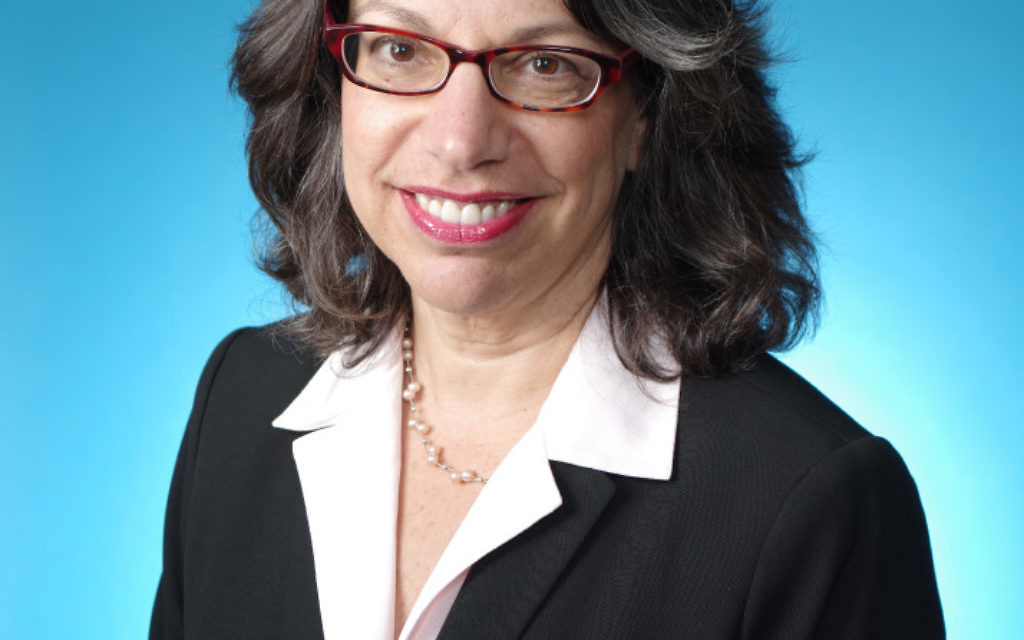Emory Wants You for Massive Aging Study
Emory University is posing a simple question to residents of metro Atlanta: If you could help change the world, would you?
Medical researchers hope within five years to find at least 100,000 adults who say yes and enroll in the Emory Healthy Aging Study, the largest clinical research study ever conducted in Atlanta. As the study’s database grows with years and years of information, the research team expects to learn about diseases connected to aging, such as Alzheimer’s, heart disease and diabetes, and hopes to spot early indicators of those diseases’ onset to prevent them.
For Alzheimer’s, one of the priorities of the study, no current treatments are effective, said Michele Marcus, an Emory epidemiologist and study investigator on the leadership team, being directed by neurologists Allan Levey and James Lah. “Once it’s diagnosed, it’s pretty late in the process, and damage to the cells in the brain is irreversible.”
Get The AJT Newsletter by email and never miss our top stories Free Sign Up

But by following a huge number of people for decades, with each sharing similar medical information and taking the same online assessments every four to six months, the Emory researchers hope to find signs that emerge early enough for medical intervention that prevents or delays dementia.
“Doing this study in Atlanta is ideal because we have an extremely diverse population,” Marcus said. For example, “we know that African-Americans have a higher risk of heart disease than Caucasians, but we don’t know why. We hope to tease out the factors.”
Some of the Healthy Aging Study participants will be invited to join related research such as Emory’s Healthy Brain Study, which will involve more time and more intensive testing in person.
For those in the general aging study, the commitment is an initial 20-minute questionnaire and follow-up assessments two or three times a year, all done online and totaling no more than six hours per year, according to the study website (healthyaging.emory.edu), where you can sign up. The study also wants to collect data from devices such as Fitbit for those who use them.
Researchers aren’t looking only for early signs of problems, Marcus said. They also want to learn what factors help people age gracefully without serious problems or declining health.
Marcus takes the population-wide perspective on health problems. She used breast cancer as an example: Certain genetic factors greatly increase a woman’s likelihood of getting the disease, so knowing your genetic profile is valuable at an individual level.
But most people who get breast cancer don’t have those genetic factors, so the genes alone don’t tell us much at the population level, Marcus said. The valuable data come from compiling records from huge numbers of people.
The Healthy Aging Study is aiming for 100,000 people but doesn’t have a maximum number or a cutoff date for enrollment. You have to be at least 18 to participate and, for now, have to be proficient in English. Although Atlanta is the focus of recruitment efforts, anyone in the United States may sign up.
Participants may stay in the study for decades or drop out at any time. While they won’t get free health care, participants will have access to their own data, to health advice and educational materials on the study website, and to an online community of fellow participants and researchers.
“We really see the participants here as partners. They’re not subjects. It’s the information that they give us that will help provide the answers,” said Marcus, who herself is a participant.
“One of the really unique things about this besides the goal of enrolling 100,000 people is we have a dream team of collaborators,” she said, so the database will combine medical histories, clinical information, fitness data, genetics, neuroimaging and more.
“Over time we can select partial subgroups of people and test various hypotheses by going back to this population and picking particular individuals for particular risk factors,” Marcus said. “It makes it more manageable on the data management side.”
The amount and complexity of the data create analytical opportunities for all types of medical research, and Marcus sees the growing database as a draw for future medical talent to come to Atlanta.
“We are taking an approach where we see this as a resource” for investigators at Emory and around the world, she said. “We really want to make the most of the data we collect.”
The only obstacle to using the data for new investigations will be finding funding for additional analyses.
“I’m just really excited about this study,” Marcus said. “It’s going to be awesome.”





comments